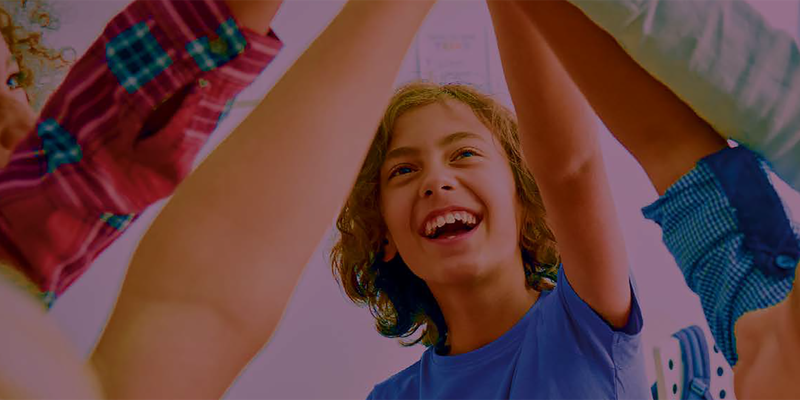 At the Novilo Conference The World of the Gifted a panel of experts discussed different questions concerning giftedness. Attending the panel were Nielsen Pereira, Susan Daniels, Maureen Neihart and Rianne van de Ven.
At the Novilo Conference The World of the Gifted a panel of experts discussed different questions concerning giftedness. Attending the panel were Nielsen Pereira, Susan Daniels, Maureen Neihart and Rianne van de Ven.
What is giftedness?
There were four different experts with their own interpretations, but a unanimous view was that there is no singular definition.
Nielson Pereira: We haven’t really agreed on one single definition, we tend to focus too much on labeling the children. The actual question that I like to focus on is: “How do we work with students in classrooms and programs to help the students develop their potential?” Gifted education should focus on develop talents and potential, meeting the students where they are independent of who they are. This should include their academic needs but also their other needs such as their social emotional needs.
Susan Daniels: From my perspective, giftedness is advanced abilities and advanced developmental potential. We should think about the whole gifted child.
Maureen Neihart: Potential for superior performances in any endeavor.
Rianne van de Ven: Giftedness is a set of characteristics, it’s not like you are or you aren’t. Gifted people identify with different characteristics.
All gifted students require special attention
Nielson Pereira: Yes, every student should receive special attention. In reality it is the case that some of the students already receive special attention due to their environmental situation, such as their parents, and in their regular classroom. It’s important to identify the students from lower social economic statuses and how to meet their needs.
Susan Daniels: The special attention that they require is something that all students should have and need: the ability to learn and share with peers. I definitely believe that they need to be clustered now and then with their peers and having a place: the experience to bring kids together to have free time with each other is a very important part for learning and their personal development.
Maureen Neihart answers the question with two other questions: “Do children require special attention?” & “Do all children require the same special attention?”
Rianne van der Ven: If I think about special attention the kids or adults need, I think about the need to be seen for who they are: about your individual needs being met.
Does the environment have a significant impact on the development of potential? Different things were said all with an emphasis how an environment is something that is an important factor on the development of potential:
Maureen Neihart: Just having an ability doesn’t mean that you develop the potential. Something that is important in the environment is the access to true peers. A true peer is someone with the same abilities and drive. If you do not have those, it is difficult to have good mental and social health.
Susan Daniels: The environment is very important, the other people in the environment and the possibility to have a mentor or coach. When there students experience resilience it’s important to develop the ability to notice and optimize a chance, therefore they can use a mentor. It’s also important to have creative and social opportunities and not always having the emphasis on schooling. There is inner drive that is needed to connect with the environment.
Nielson Pereira: Environment is a piece of the puzzle we can have some control over in addition to other variables, so it plays a huge role. It is important to provide a school environment that stimulates creativity, the environment is where teachers can make a big difference.
Rianne van der Ven: It’s important for children and adults to think what they think, to experience their feelings without feeling they are stupid or strange. Acceptance is something that shouldn’t be forgotten; give them a feeling of self-confidence. Many adults didn’t experience this and grow up with a lack of self-esteem.
If I had a billboard on Times Square this is what I would put on it:
Nielson Pereira: A gifted child is not necessarily a genius, it’s a lot more than that. You don’t have to be gifted to be a good teacher of the gifted kids. Gifted is more inclusive than that and a lot more students that could benefit of the programs who are made. A lot of the strategies we use in gifted education could work with every student.
 SBO Blog Het blog van Studiecentrum voor Bedrijf en Overheid
SBO Blog Het blog van Studiecentrum voor Bedrijf en Overheid








